Law as Engineering
A recent book Law as Engineering by English legal academic Professor David Howarth of Cambridge University documents a major change in legal philosophy in the last 10 years or so. Essentially he notes that these days most (80%+) lawyers do not litigate. Rather, they design social constructs like contracts, companies and wills to facilitate their clients’ social needs, just like engineers design physical constructs to satisfy their clients.As a consequence he observes that lawyers have a lot to learn from engineers, both in practice and academia, since the engineers utilising design processes have been at it a lot longer than the lawyers. An excellent 10 minute presentation by David is available at https://vimeo.com/97679111.All this parallels a point made in a table in the first section of the R2A Text shown below.
| Formal Philosophy (Logic) | Natural Philosophy (Science) | Moral Philosophy (Design & Ethics) |
| The universal and necessary laws of reason. | Knowledge about the natural material time space universe acquired using rational principles (logic). | Consideration of what ought to be and how this can best be achieved. It results in:Social InfrastructureThe implementation of an ethic that modifies our social institutions and conventions.Material Infrastructure The implementation of a design that changes the natural material time space universe. |
Due diligence is a legal concept which speaks to the social requirements of material infrastructure, that it should be useful (fit for purpose) and safe (not harmful). In this context, engineering due diligence means designing to ensure that both social and material infrastructure align.
